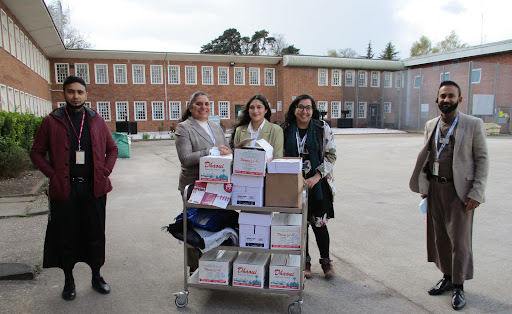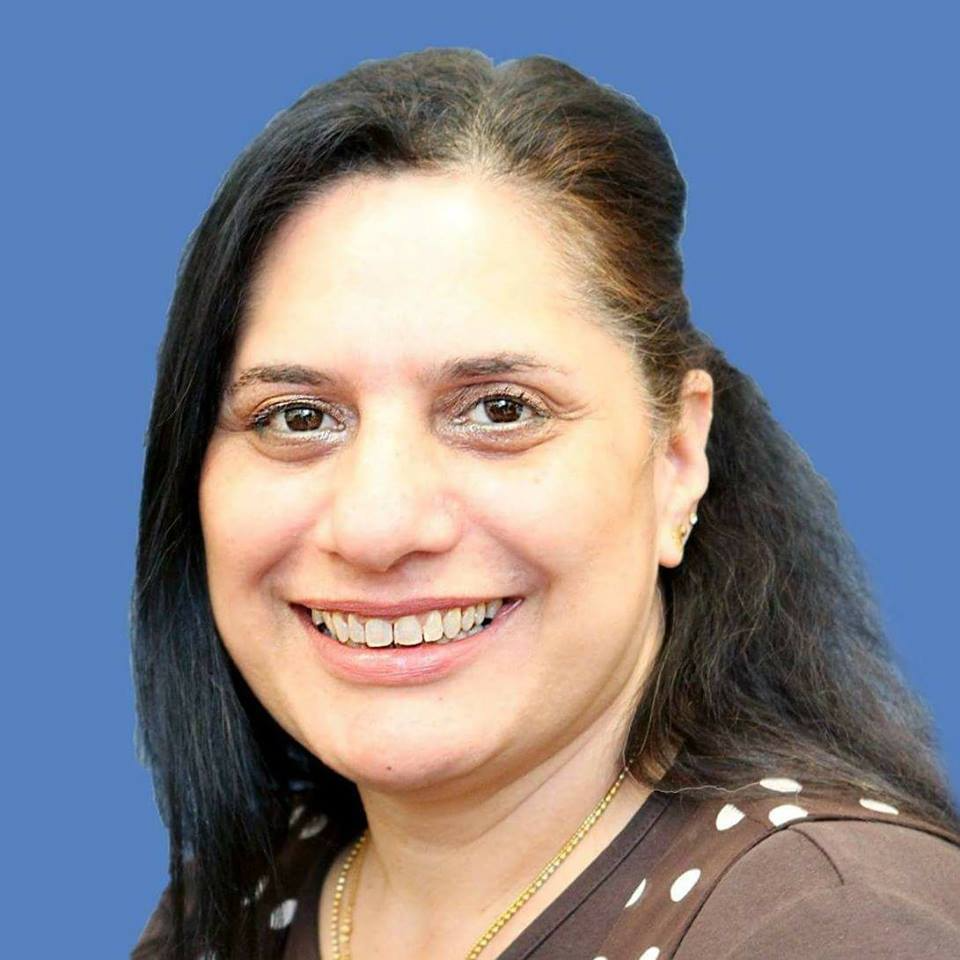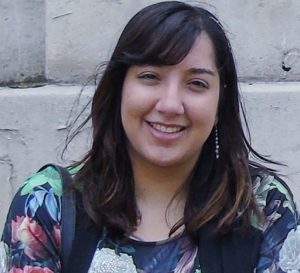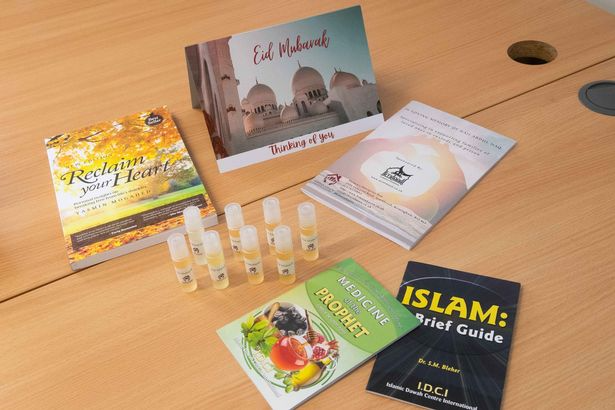British Organization Provides Care Packages for Muslim Prisoners During Ramadan
Himaya Haven has to adhere to strict prison rules in order to ensure the incarcerated and their families are supported

Razia Tariq Hadait saw the injustices of the penal system firsthand when someone she knew personally was incarcerated. His mother had turned to Hadait, feeling isolated and helpless, unable to turn to members of their Muslim community or extended family. Although a trusted figure because of her reputation for public service and helping communities - she was confronted with an issue she had never considered before:
How can you support the families of Muslims who are incarcerated?
Ramadan is a month of togetherness and family. When families are separated, the holy month can feel lonely and strenuous. If you’re incarcerated that can be multiplied many times over. That is why Hadait, the CEO and founder of Himaya Haven, started the non-profit to support families and individuals through all stages of navigating the criminal justice system.
"Individua ls expressed periods of feeling isolated, ashamed, and guilty that they had in some way failed,” Hadait said. “They felt unable to seek support or even understand the process they were now involved in, from the simplest thing of how to speak to the person in remand or custody or even how to arrange visits to see them. Consequently, we concluded that families needed support and guidance to understand why these changes occur and the skills to try to overcome these barriers.”
ls expressed periods of feeling isolated, ashamed, and guilty that they had in some way failed,” Hadait said. “They felt unable to seek support or even understand the process they were now involved in, from the simplest thing of how to speak to the person in remand or custody or even how to arrange visits to see them. Consequently, we concluded that families needed support and guidance to understand why these changes occur and the skills to try to overcome these barriers.”
Hadait wanted the name Himaya Haven to resonate with those who heard it. Himaya, meaning protection in Arabic was chosen and paired with the word haven, reminding those who come to seek help that they are safe. Since she started the charity in 2017, Hadait is proud of the work they have done to support Muslims as well as Black, Asian, and Minority Ethnic groups (BAME) generally.
“The organization is the only one in Birmingham supporting families from BAME backgrounds and we are a unique organization very definitely needed in our communities,” Hadait said. “We are well recognized and respected, we have successfully secured funding and have been going from strength to strength over 5 years and hopefully, many more to come. We understand the culture and needs of our families and we have staff who can speak the language so we help break the barriers that families face when faced with the criminal justice system, especially with the courts, police, and other statutory bodies.”
The Midlands-based nonprofit came up with the idea of supplying prisoners with Ramadan care packages. Last year, they raised thousands of dollars to provide more than a thousand care packages to prisoners in eight different facilities across the United Kingdom. Each contained dates, non-alcoholic perfume, Eid cards, tasbeehs, prayer mats, prayer books, and Qurans.
Some prisons do provide certain items for prisoners practicing Ramadan, they do the best they can but have limited resources says Somia Bibi, the outreach and family coordinator for Himaya Haven.

“The prisons do provide the inmates with dates but they provide a certain amount and they have to make sure once they get them, the inmates have to make sure that they last,” Bibi said. “Last year, when we provided the dates, it meant that they wouldn’t have to ration themselves as they normally would because we provided quite a substantial amount to make sure it was enough for everyone.”
In order to donate these packages to the prisons, Himaya Haven must source specific products to ensure they are aligned with protocols set forth by prison officials. For example, the non-alcoholic perfume included in the care packages had to be in plastic bottles as opposed to glass. The organization had to have an estimate from the prisons for the numbers of Muslim inmates that would be in a specific facility to assure no one was left out. If the number was off by even one prisoner, no one would get a package, says Bibi.
Due to unforeseen circumstances related to the pandemic, the Ramadan care packages were much smaller this year, but Bibi says that they are planning ahead for next year to make sure they are able to supply Muslim prisoners with more loaded packages.
Sofia Buncy, who was awarded the Criminal Justice Champion award by the Howard League in 2020, fully supports the works of Himaya Haven. She is the co-founder and national coordinator of the Muslim Women in Prison (MWIP) Project.
“It is encouraging to see  a much-needed investment in the work of Himaya Haven which seeks to tackle an area of overlooked acute need,” says Buncy, whose own organization was established in 2013 to research the experiences of Muslim women within the British criminal justice system. “The disparities facing families of Black, Asian, and Minority Ethnic (BAME) prisoners is something that we have become increasingly aware of through our own work both inside and outside prisons. Therefore, it is good to see an organization such as Himaya Haven be given the resources to develop culturally competent and community-based solutions.”
a much-needed investment in the work of Himaya Haven which seeks to tackle an area of overlooked acute need,” says Buncy, whose own organization was established in 2013 to research the experiences of Muslim women within the British criminal justice system. “The disparities facing families of Black, Asian, and Minority Ethnic (BAME) prisoners is something that we have become increasingly aware of through our own work both inside and outside prisons. Therefore, it is good to see an organization such as Himaya Haven be given the resources to develop culturally competent and community-based solutions.”

